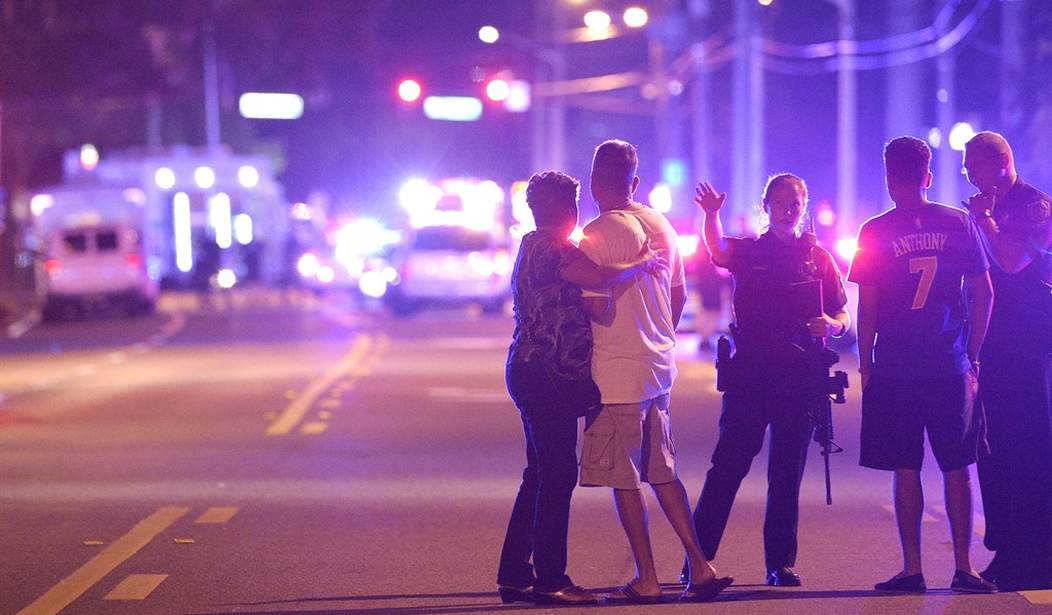A victim of the Pulse shooting in Orlando has asked a federal appeals court to reopen a lawsuit against sites like Facebook, YouTube, and Twitter for their potential role in radicalizing the shooter who gunned down 49 people in 2016.
A federal judge in Michigan dismissed the suit in March — the same day an Orlando jury acquitted Mateen’s widow on charges of aiding and abetting and obstruction of justice — noting there’s no evidence any of the ISIS propaganda found on Facebook, Twitter and YouTube directly influenced Mateen to murder 49 people at Pulse nightclub on June 12, 2016.
“The only conduct involved with the attacks that is described with any particularity is Mateen’s,” U.S. District Judge David Lawson concluded in a March 30 opinion, pointing out that none of the companies nor ISIS itself participated in the shooting.
The families of victims Tevin Eugene Crosby, Javier Jorge-Reyes and Juan Ramon Guerrero asked the Sixth Circuit Court of Appeals to review Lawson’s decision in court documents dated July 6.
“Without Defendants Twitter, Facebook, and Google (YouTube), the explosive growth of ISIS over the last few years into the most feared terrorist group in the world would not have been possible,” Keith Altman, counsel for the victims’s families, wrote in court documents. “Plaintiffs’ claims are based not upon the content of ISIS’ social media postings, but upon Defendants provision of the infrastructure which provides material support to ISIS.”
Maybe it’s just me, but isn’t it amusing how Facebook and YouTube have been tripping all over themselves to limit firearm-related content, content that ties directly into the free exercise of an American right, yet are continuing to enable a terrorist organization to flourish?
When it comes to whether these sites should be held responsible or not, I tend to side with the “not” category, but I’m not leaning that way in this case. Yes, it’s because of their anti-gun stances. Well, sort of.
You see, by limiting gun-related content, they’ve clearly shown a willingness to interfere with speech that doesn’t conform to their personal ideology. As a private company, they certainly have that right. However, I also figure that also means speech they don’t interfere with somehow does conform to their own ideology.
In other words, the very fact that they’ll attack content related to exercising a fundamental American right while not blocking content known to be a recruiting tool for our enemies means they providing at least some support to those enemies. It’s difficult to argue from a position of protecting all speech when you’re already limiting some of it. As such, I can’t help but think they can easily be held responsible when those recruiting tools actually seem to work.
Now, whether or not there’s evidence of that happening or not is a matter for the courts, but if the Pulse killer watched any of those videos, I’d say that’s pretty ample evidence that it played a role since he swore is allegiance to ISIS before committing his horrific crime.
But I’m not a lawyer, nor did I ever play one on TV.
Still, I’m hopeful the appeals court will at least consider this going forward.








Join the conversation as a VIP Member